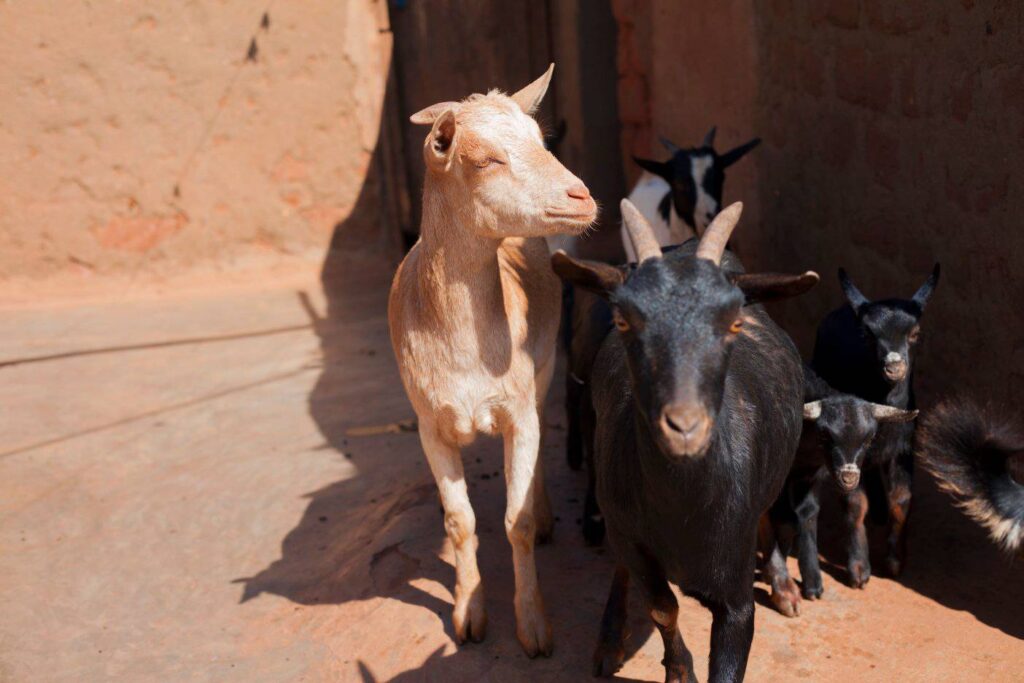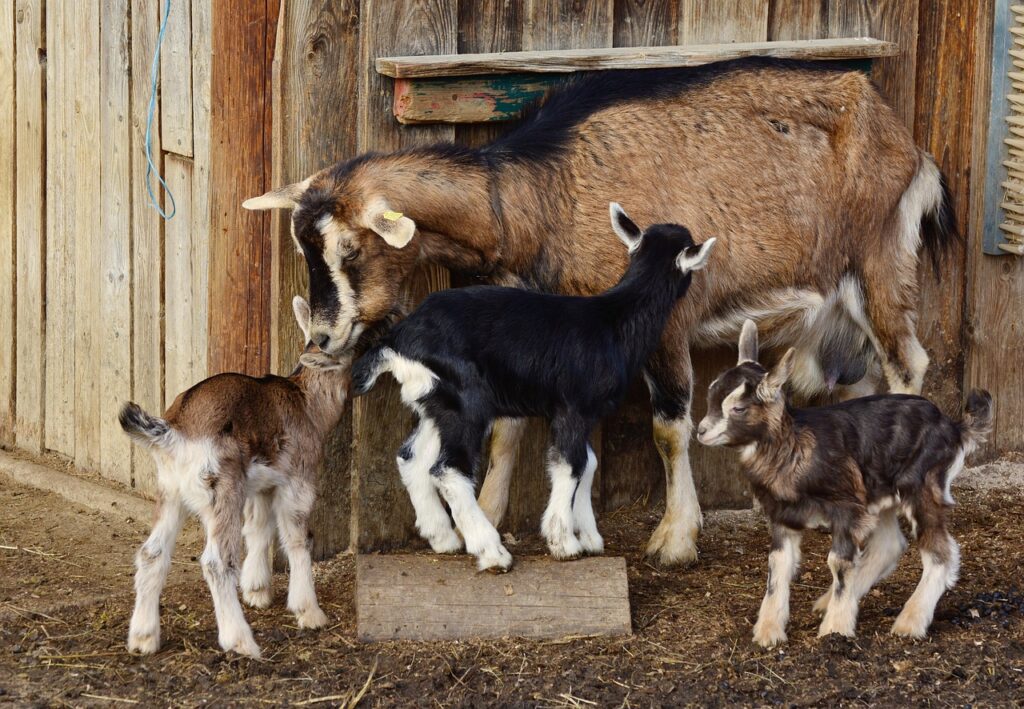At Women Palm Tree Organization (WPTO), our goat-rearing initiative empowers vulnerable women, smallholder farmers, and displaced families in Dzaleka Refugee Camp and rural Malawi. Goats are more than livestock they are a lifeline, providing income, nutrition, and resilience for communities rebuilding their lives.


Goats play a vital role in Malawi’s agricultural landscape and are critical to sustainable development:
Multi-Functional Assets: Goats provide milk, meat, manure, and income, addressing both food insecurity and economic instability.
Climate Resilience: Thriving in harsh conditions, goats require minimal resources, making them ideal for drought-prone regions like Dzaleka.
High Domestic Demand: As Malawi’s primary meat-producing livestock, goats offer a profitable opportunity for small-scale farmers.
To reduce poverty and foster self-reliance by:
Providing goats and training to women-led households.
Promoting sustainable, climate-smart goat-rearing practices.
Creating cooperatives to strengthen market access and collective bargaining power.
Goat Distribution
Women receive 2–3 goats (1 male, 1–2 females) to start their herds, prioritizing widows, single mothers, and female-headed households.
Recipients commit to “passing on the gift” by donating the first offspring to another family.
Training & Skill Development
Workshops on animal husbandry, disease prevention, and breeding.
Sustainable practices: Fodder cultivation, rotational grazing, and organic veterinary care.
Community Cooperatives
Groups pool resources to access bulk feed, veterinary services, and fair-price markets.
Cooperative savings programs fund emergency needs or business expansion.
Economic Empowerment: A single goat can generate 100–150 annually through milk, meat, and offspring sales.
Nutritional Security: Goat milk improves dietary diversity, reducing malnutrition in children under 5.
Environmental Sustainability: Manure enhances soil fertility for crop farming, closing the loop on agroecological cycles.
Social Cohesion: Cooperatives unite refugees and host communities, reducing tensions over scarce resources.
Distribute 500 goats to 250 families by 2026.
Train 300+ women in commercial goat-rearing practices.
Establish 10 community cooperatives across Dzaleka and rural Malawi.

A goat is like a savings account. When I sell the kids, I can pay school fees or buy seeds for my farm.

My goats are my safety net. When the rains failed last year, selling two kids kept my family fed. Now, their milk means my children never go to bed hungry.

This herd isn’t just goats; it’s my daughter’s future. The money I save from selling milk will send her to secondary school next year.

One goat became five, then my neighbors got their own. It’s like a chain of hope; every new kid born lifts another family up.
Your support helps:
$75 → Vaccinate and deworm 10 goats for disease prevention.
$150 → Provide a starter herd for a single mother.
$500 → Fund a cooperative training program for 20 women.
Together, we’re building a legacy of resilience one goat at a time.
An NGO dedicated to empowering vulnerable women, girls, single mothers, and widows in Dowa Dzaleka Refugee Camp, Malawi.